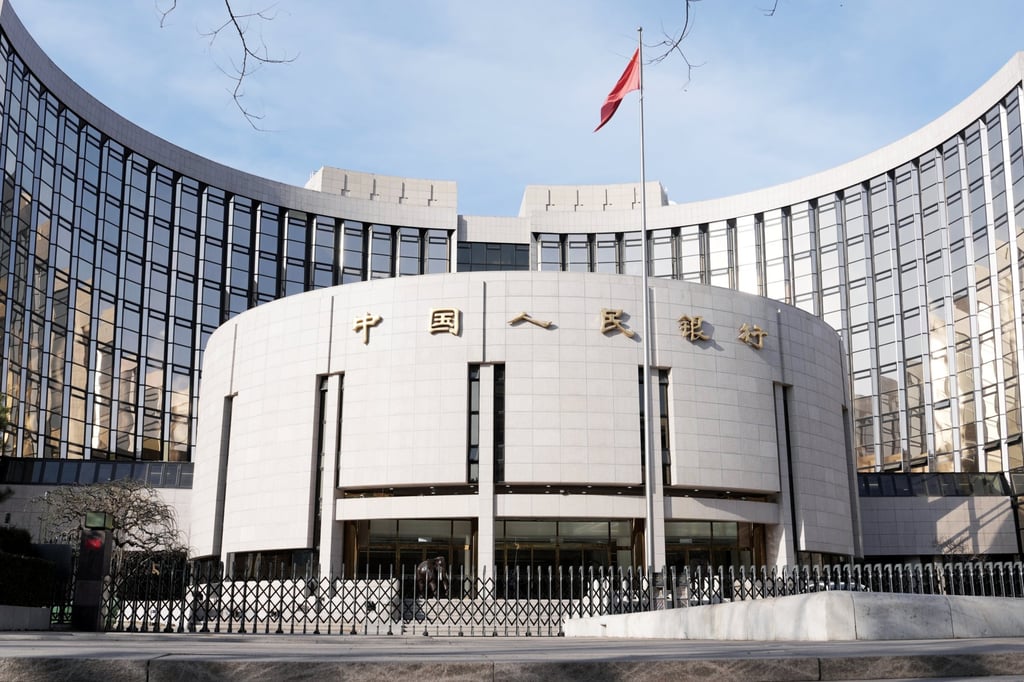China’s move to cut key lending rates to a six-year low to revive the housing market is likely to generate a mild impact on home sales, with many prospective buyers still tightening their belts as years of economic slowdown threatens job security and erodes household wealth.
Vicky Shi, who has been on the hunt for a new flat in Shanghai after welcoming two children into the family, said the rate cuts “will not have a decisive impact” on buyers when confronted with big-ticket spending decisions, with the domestic economic climate compounded by a lingering trade war.
“The top priority for most people, including me, is job stability and future prospects,” the Shanghai resident said. “If we have concerns in those areas, cutting interest rates won’t make us decide any faster on home purchases.”
Chinese households felt the brunt of economic slowdown during the Covid-19 pandemic, with the recovery momentum since upended by a bitter trade and tariff war with the US. The urban unemployment rate hit a two-year high of 5.4 per cent in February, while the nation’s stock benchmark CSI 300 Index has declined 24 per cent over the past four years.

A government report on Monday showed property investment nationwide slumped at an annual rate of 10.3 per cent in April, while sales of new residential units slipped 2 per cent in the first four months of this year. Over a four-year period, both have weakened by a cumulative 32 per cent and 46 per cent, respectively.
The People’s Bank of China (PBOC) on Tuesday lowered the one-year loan prime rate (LPR) to 3 per cent from 3.1 per cent, and the five-year rate to 3.5 per cent from 3.6 per cent. Both are now at their lowest levels since the LPR mechanism was revamped six years ago. The central bank had earlier trimmed the one-year rate by a quarter point in October.


